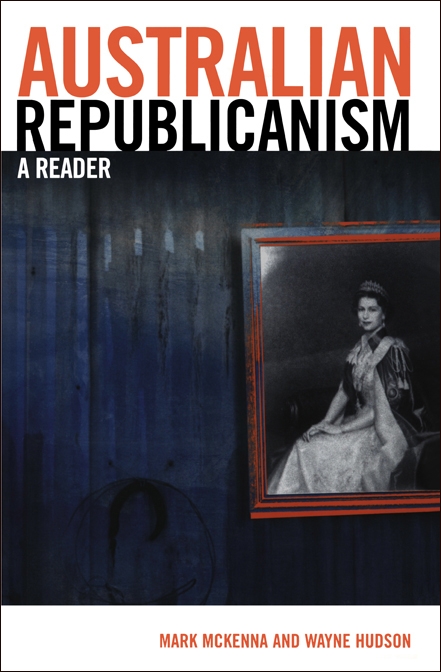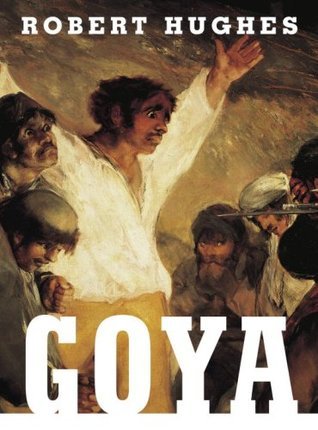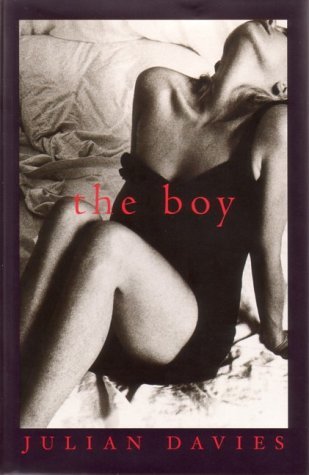Archive
Beyond the Ladies Lounge: Australia's female publicans by Clare Wright
Death Sentence: The decay of public language by Don Watson
What’s Wrong With The Liberal Party? by Greg Barns
The nexus between ABR and La Trobe University has always been strong, and our summer issue is a good example of this, with a long essay on George Orwell’s enduring influence by Robert Manne, Professor of Politics at La Trobe University (pictured in the next column with Professor Michael Osborne, Vice-Chancellor (centre), and Peter Rose, Editor of ABR). Two years ago, La Trobe University became ABR’s chief sponsor, an arrangement that has had immense intellectual and other benefits for the magazine. The partnership grows stronger all the time, and we were delighted when the university renewed its sponsorship last month. Full de-tails of the 2004 La Trobe University/Australian Book Review Annual Lecture, and other collaborative events, will follow in due course.
... (read more)








